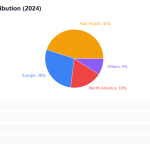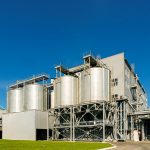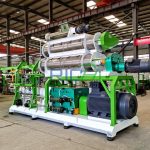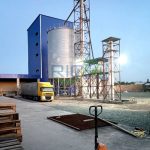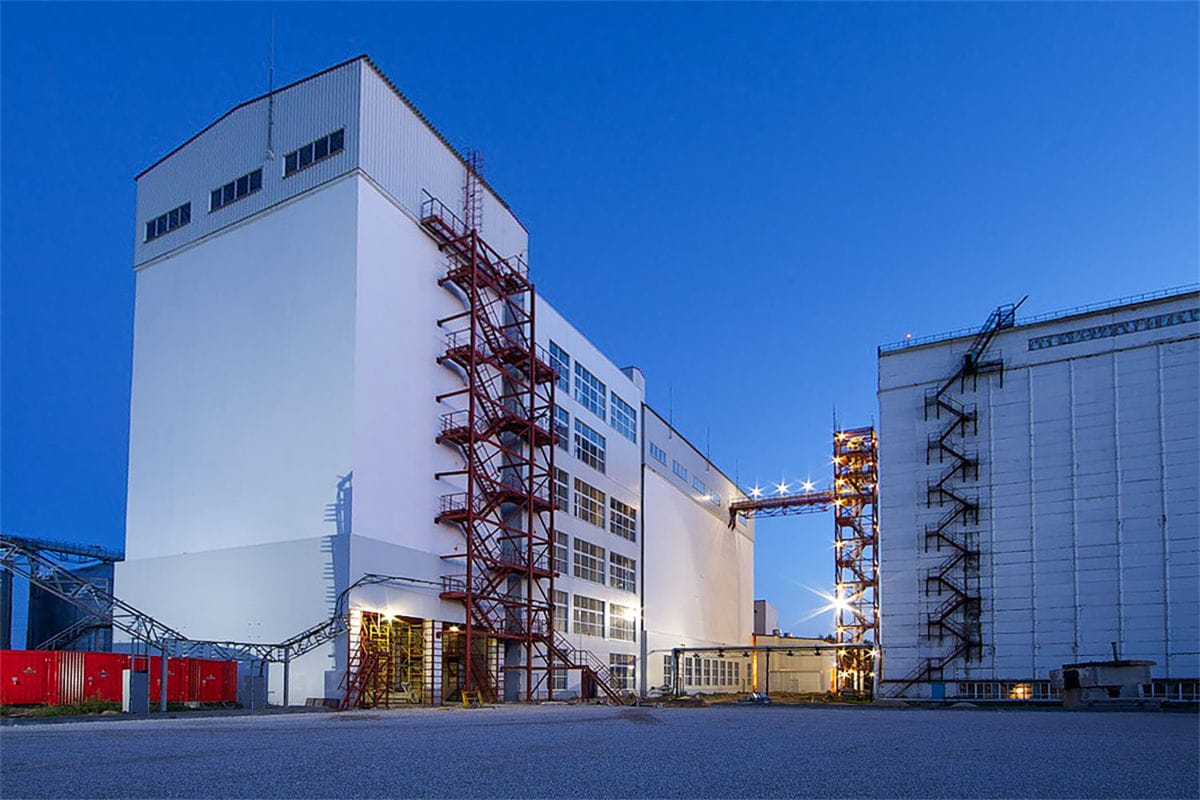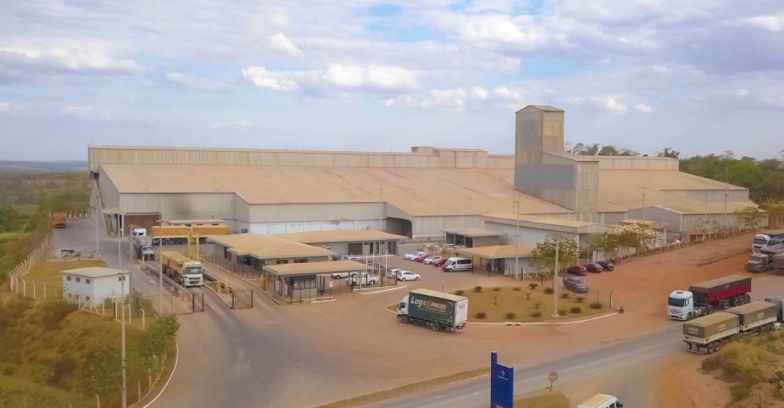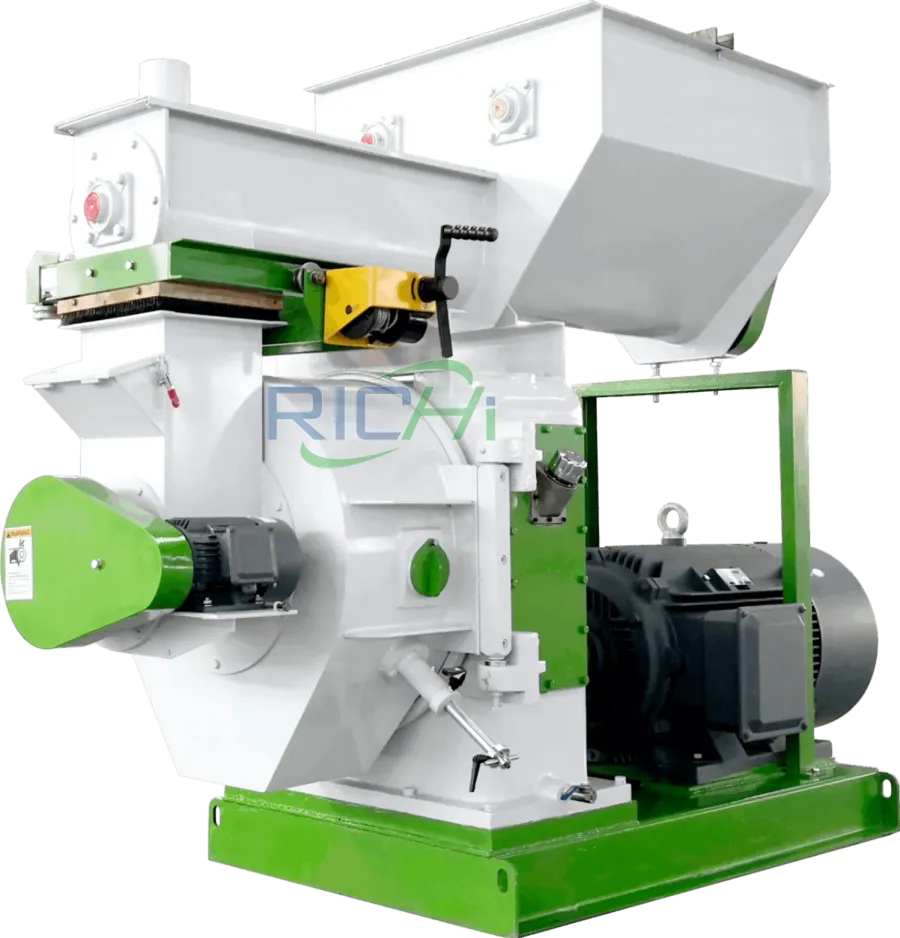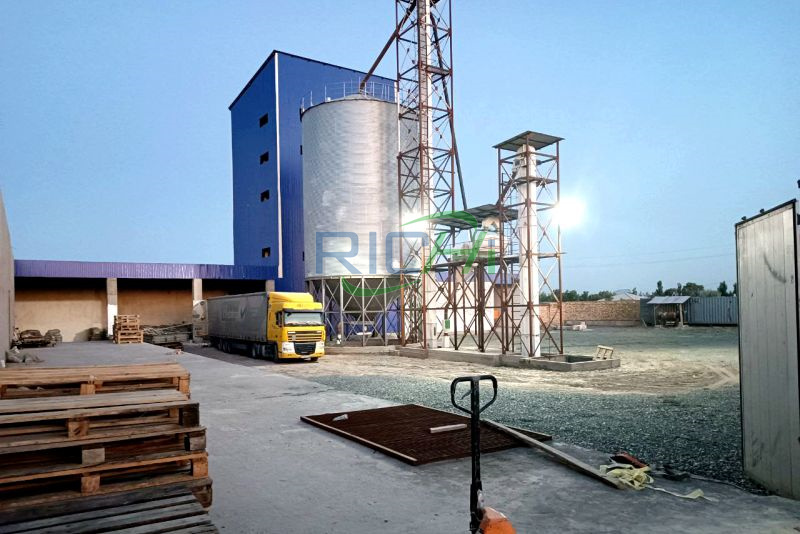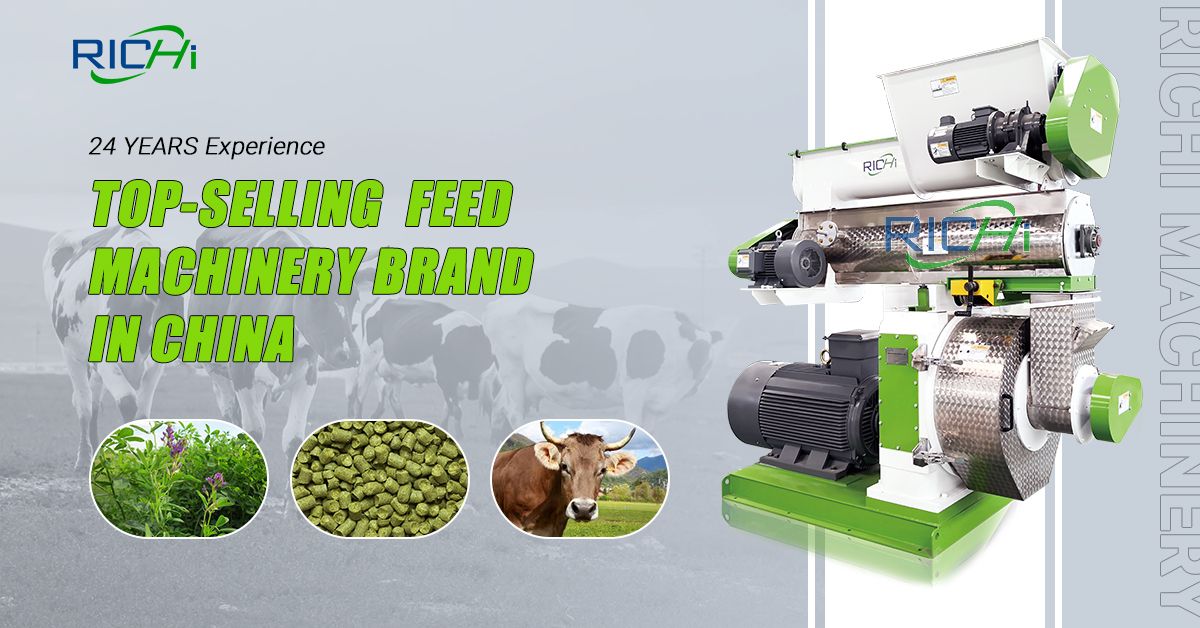Indonesia, with its rapidly growing livestock industry and strategic position in Southeast Asia, presents a compelling opportunity for establishing an animal feed mill. However, understanding the costs involved in such a venture is crucial for investors and entrepreneurs. This article provides a detailed breakdown of the expenses associated with building an animal feed mill in Indonesia, taking into account various factors that influence the overall investment.
Factors Influencing the Cost
Several key factors affect the total cost of building an animal feed mill in Indonesia:
- Production Capacity: The size and capacity of the mill significantly impact the overall cost.
- Location: Land prices and infrastructure availability vary across different regions of Indonesia.
- Technology Level: The degree of automation and sophistication of equipment chosen.
- Raw Material Storage Capacity: The size and type of storage facilities required.
- Regulatory Compliance: Costs associated with meeting local and national regulations.
Land Acquisition and Site Preparation
The cost of land varies greatly depending on the location:
- Urban Areas: In industrial zones near major cities, land costs can range from $100 to $300 per square meter.
- Rural Areas: Prices in less developed regions may be as low as $10 to $50 per square meter.
For a medium-sized feed mill (10-20 tons per hour capacity), a land area of approximately 10,000 to 20,000 square meters is typically required.Site preparation costs, including leveling, drainage, and basic infrastructure, can add an additional 10-15% to the land cost.Estimated Cost Range: $500,000 – $3,000,000
Building Construction
Construction costs for the main production facility, warehouses, and administrative buildings vary based on design and materials used:
- Basic Structure: $300 – $500 per square meter
- Advanced Facilities: $600 – $1,000 per square meter
For a 10,000 square meter facility, construction costs might range from $3 million to $10 million.Estimated Cost Range: $3,000,000 – $10,000,000
Equipment and Machinery
The cost of equipment is a significant portion of the total investment:
- Grinding Equipment: $100,000 – $500,000
- Mixing Systems: $200,000 – $1,000,000
- Pelleting Lines: $500,000 – $2,000,000
- Packaging Systems: $100,000 – $500,000
- Storage Silos: $200,000 – $1,000,000
- Material Handling Systems: $300,000 – $1,500,000
- Control Systems and Automation: $200,000 – $1,000,000
The total equipment cost for a medium-sized mill can range from $2 million to $8 million, depending on the level of automation and capacity.Estimated Cost Range: $2,000,000 – $8,000,000
Utilities and Infrastructure
Costs for connecting and setting up utilities:
- Electrical Systems: $200,000 – $500,000
- Water Supply and Treatment: $100,000 – $300,000
- Waste Management Systems: $100,000 – $400,000
Estimated Cost Range: $400,000 – $1,200,000
Related post: 3-5T/H Ruminant Feed Plant in Indonesia
Licensing and Regulatory Compliance
Obtaining necessary permits and licenses in Indonesia involves various fees:
- Business License (SIUP): $500 – $1,000
- Industrial Business License (IUI): $1,000 – $5,000
- Environmental Impact Assessment (AMDAL): $10,000 – $50,000
- Other Local Permits: $5,000 – $20,000
Estimated Cost Range: $16,500 – $76,000
Initial Working Capital
Working capital is essential for the first few months of operation:
- Raw Material Inventory: 1-2 months’ supply
- Operational Expenses: 3-6 months’ coverage
The amount needed can range from $1 million to $5 million, depending on the scale of operations.Estimated Cost Range: $1,000,000 – $5,000,000
Professional Services
Various professional services are required during the setup phase:
- Architectural and Engineering Design: $100,000 – $500,000
- Project Management: $200,000 – $1,000,000
- Legal and Consulting Fees: $50,000 – $200,000
Estimated Cost Range: $350,000 – $1,700,000
Training and Start-up Costs
Costs associated with hiring and training staff, as well as initial start-up expenses:
- Staff Recruitment and Training: $100,000 – $300,000
- Initial Marketing and Promotion: $50,000 – $200,000
- Start-up Inventory: $500,000 – $2,000,000
Estimated Cost Range: $650,000 – $2,500,000
Contingency
It’s prudent to allocate 10-15% of the total budget for unforeseen expenses and cost overruns.
Total Cost Estimation
Based on the above breakdown, the total cost of building a medium-sized animal feed mill in Indonesia can be estimated as follows:
- Low-End Estimate: $8,916,500
- High-End Estimate: $31,476,000
This wide range reflects the variability in factors such as location, capacity, and technology level. A more typical range for a standard 10-20 ton per hour feed mill might be between $15 million and $25 million.
Additional Considerations
- Financing Costs: If borrowing funds, interest and financing fees will add to the overall cost.
- Import Duties: Equipment imported from abroad may be subject to import duties, potentially increasing costs by 5-15%.
- Currency Fluctuations: As many costs are in US dollars, exchange rate fluctuations can impact the total investment in Indonesian Rupiah.
- Local Partnerships: Forming partnerships with local entities might reduce some costs but could involve sharing equity.
- Phased Development: Implementing the project in phases can spread the cost over time, potentially reducing initial capital requirements.
Conclusion
Building an animal feed pellet plant in Indonesia represents a significant investment, with costs ranging widely based on various factors. While the initial outlay is substantial, Indonesia’s growing livestock industry and strategic location in Southeast Asia offer promising prospects for long-term returns.Investors should conduct thorough due diligence, possibly engaging local experts to refine cost estimates based on specific project parameters.
Additionally, exploring government incentives for agricultural investments in Indonesia could potentially offset some costs.By carefully planning and optimizing each aspect of the project, it’s possible to build a state-of-the-art animal feed mill in Indonesia that balances cost-effectiveness with operational efficiency, positioning the venture for success in this dynamic market.
